Olympia Hypothesis: Tsunamis Buried the Cult Site On the Peloponnese
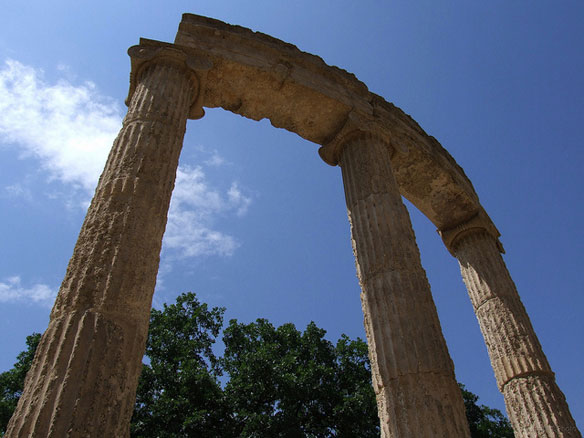
Olympia, site of the famous Temple of Zeus and original venue of the Olympic Games in ancient Greece, was presumably destroyed by repeated tsunamis that travelled considerable distances inland, new study finds.
Japan Says Nuclear Plant Clean-Up Will Take Several Decades

Japan’s prime minister said on Saturday the decommissioning of the tsunami crippled Fukushima nuclear plant would take several decades.
Energy-Short Japan Eyes Renewable Future
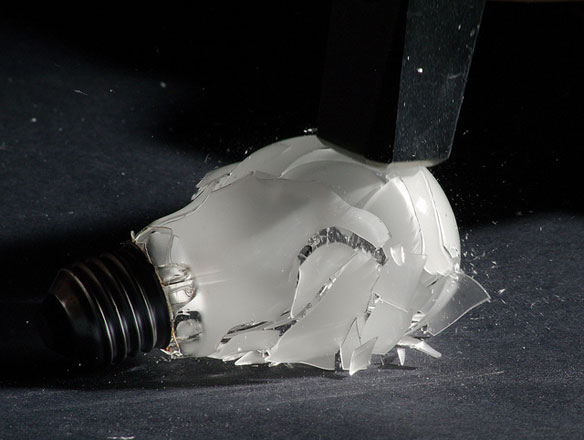
In the aftermath of the Fukushima disaster, power shortages have forced one of the world’s most energy-efficient countries to make do with even less.The International Energy Agency (IEA) said in a report this week that tsunami-torn Japan “is in the midst of perhaps one of the most severe electricity shortfalls in history.”
Japan groups alarmed by radioactive soil
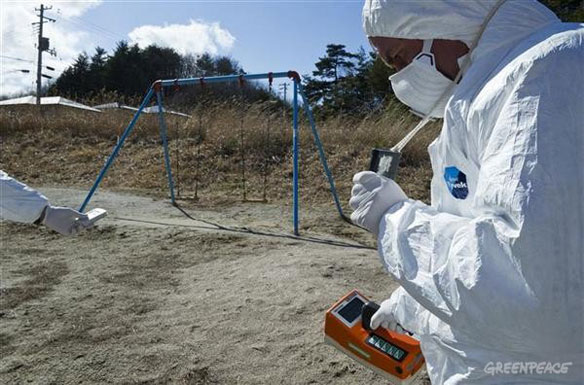
Soil radiation in a city 60 kilometres (40 miles) from Japan’s stricken nuclear plant is above levels that prompted resettlement after the Chernobyl disaster, citizens’ groups said Tuesday. The coastal Fukushima Daiichi plant has been spewing radiation since the March 11 earthquake and tsunami knocked out its cooling systems.
Weird Mini Tsunami Hits England’s Coast
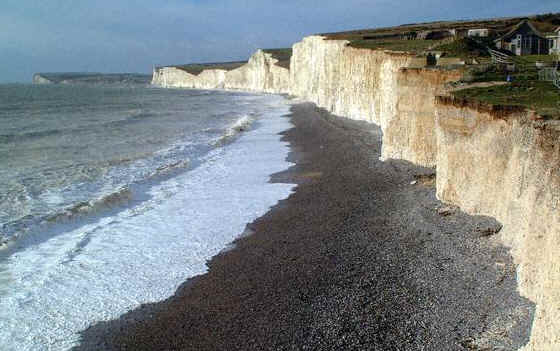
There were no earthquakes in the region at the time of the tsunami, according to the British Geological Survey and the tsunami was likely the result of an underwater landslide.
Report From Japan: No News Is Good News?
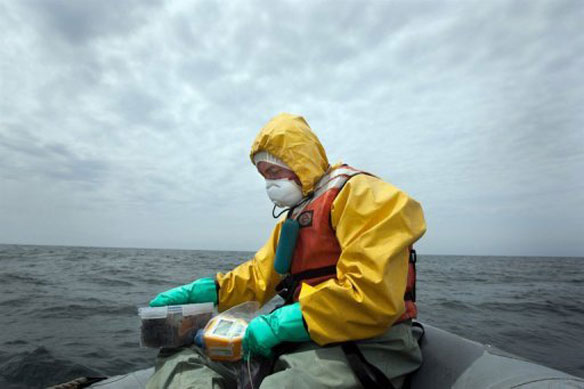
Controlling information flow in a crisis is crucial to its outcome. So it is no surprise that much information received about how the crisis at Fukushima unfolded has been kept away from traditional and social media as long as possible… Meanwhile people, environment and marine life along Fukushima coast, are still soaking up radiation.
Stiff Sediments Made 2004 Earthquake Deadliest in History
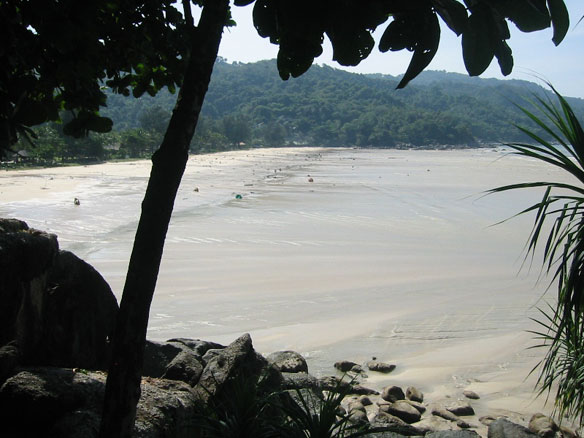
An international team of geoscientists has discovered an unusual geological formation that helps explain how an undersea earthquake off the coast of Sumatra in December 2004 spawned the deadliest tsunami in recorded history.
75th Aftershock of Magnitude 6 or Higher, Hits Near Japan East Coast
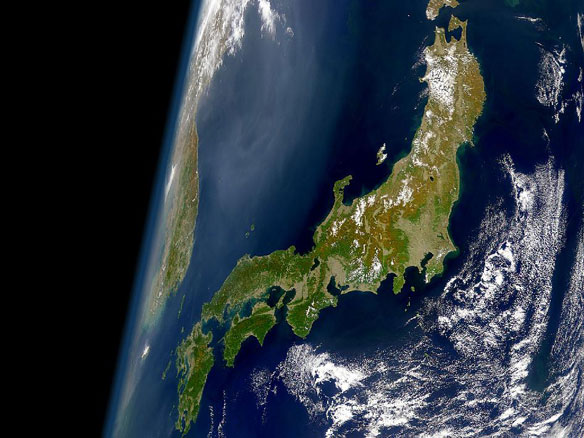
A magnitude 6.7 earthquake rocked Japan today near the East coast of Honshu, the 75th aftershock of at least magnitude 6.0 from the devastating magnitude 9.0 quake on March 11, according to the U.S. Geological Survey (USGS).
Fukushima Citizens Remain Highly Exposed to Radiations

Greenpeace International Executive Director Dr Kumi Naidoo unveiled a sample of contaminated soil from a Fukushima playground at a Tokyo press conference, criticising the Japanese government’s response to the Fukushima Daiichi nuclear crisis, and its ongoing failure to protect the health and welfare of its people.
